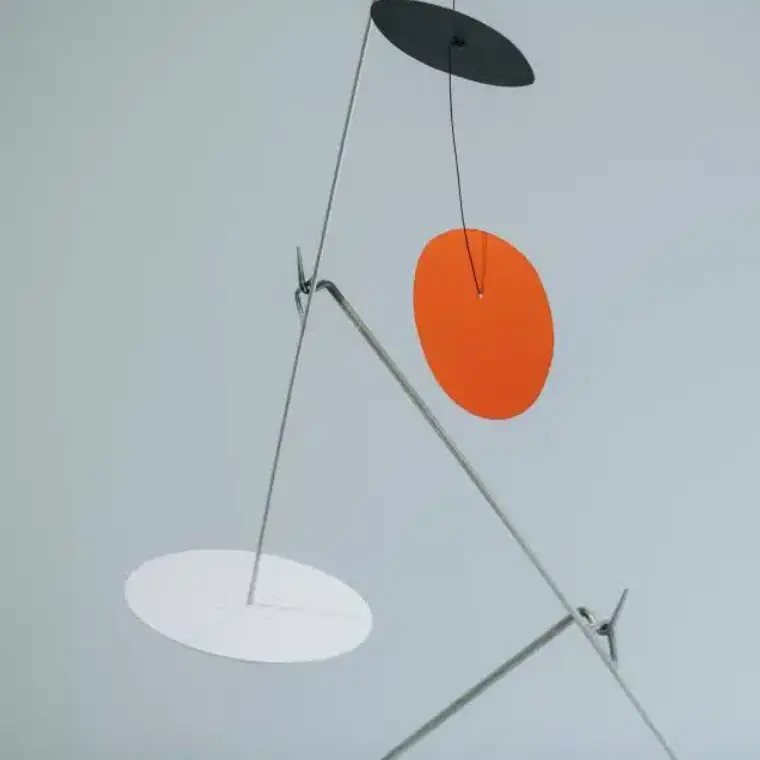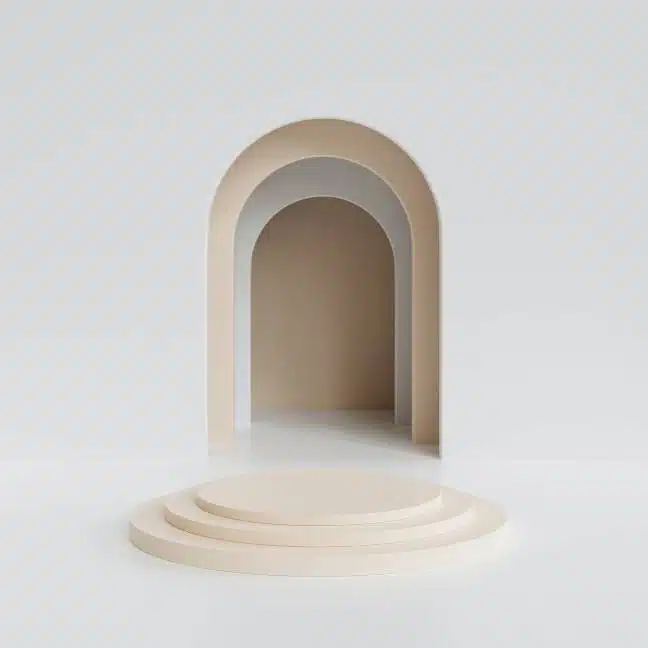What is childhood depression?
Depression is a common problem for many young people worldwide. It is a mood disorder that can affect their daily life. Depression affects every young person differently but is often characterised by the combination of:
Persistent low mood (feeling unusually low or tearful for several weeks).
Reduced interest in daily activities that were previously enjoyable.
Some young people who experience depression become highly withdrawn (they go into their shells). And they may want to avoid people and tasks. Others can continue daily activities such as school and socialising. If you have depression but can continue daily activities, you might not enjoy them and you may feel less focused. Or you may feel more stressed or irritable.
Depression can disrupt eating and sleeping patterns. Some childhood depression grows out of adverse early life experiences. Some young people may experience symptoms of depression due to a specific negative life event such as loss or bullying. For others it may be more subtle such as a gradual build up of being overwhelmed by their ‘everyday’.
Symptoms of Childhood depression.
If you’re child is experiencing depression they may have some, but not necessarily all, of the following symptoms:
Low mood, sadness, or anhedonia (an inability to feel pleasure)
Reduced motivation
Lack of interest in activities you would otherwise enjoy or value
Trouble concentrating
Irritability
Eating more or less than usual
Tiredness
Increased pain and feeling heavy
Suicidal thoughts
If you’re child is thinking about harming themself, it is important to speak to someone. If you don’t feel able to keep them safe please call 999 as this is an emergency.
Childhood depression is a treatable condition and young people will be able to manage their symptoms with the right help. Getting help is the first step toward feeling better.
Childhood Depression diagnosis.
If your child is experiencing symptoms of depression, it is important to get help. Receiving a proper diagnosis can help you start to explore which depression treatments might make them feel better. Psychologists and therapists can diagnose depression through a semi-structured interview and a range of psychometric scales. A semi-structured interview is when the therapist asks you and the young person a series of open-ended questions.
This helps you and them to discuss their experiences, so the therapist can assess their symptoms.
Psychometric scales are scales that are often used in questionnaires that help rate symptoms. This helps the therapist to assess the scope and severity of what young people are experiencing.
Childhood Depression treatment
Depression treatment may involve a mixture of medication and therapy. Most young people respond well to therapy alone. But if young people have severe or long-term depression, they may require medication to heal most effectively. This is a wholly acceptable route that shouldn’t be avoided.
Antidepressants are the most common type of medication, and we are happy to discuss how your doctor or psychiatrist might prescribe these. Learn more about antidepressants on the NHS website.
There are three main modalities of therapy that can help you manage symptoms of depression. These include:
Cognitive behaviour therapy (CBT)
Eye movement desensitisation and reprocessing (EMDR)
Acceptance and commitment therapy
Cognitive behaviour therapy (CBT)
Cognitive behavioural therapy (CBT) is a talk therapy which helps change the way young people think and behave. It gives them practical ways to manage feelings to reduce symptoms of depression. In this way, CBT can help young people break out of unhelpful patterns of behaviour.
Eye movement desensitisation and reprocessing (EMDR)
EMDR (eye movement desensitisation and reprocessing) is a therapy that can relieve distress linked to traumatic memories.
Acceptance and commitment therapy
Acceptance and commitment therapy (ACT) is a mindfulness-based practice. It helps young people embrace how they are feeling and commit to working through the problems they are facing.
Young people learn to acknowledge and accept negative feelings, rather than fighting them. And they commit to taking practical steps to face them.
the therapist will help bring awareness to how young people are feeling. And support them to find practical strategies to reduce the impact stressors have on them.
Other Treatments

ADHD
If you suspect that your child may be struggling with ADHD, we can help. As leading ADHD specialists in London, our team has the expertise to support your child’s mental health and provide effective strategies to manage their symptoms. Don’t let ADHD hold your child back from reaching their full potential. Take action now and schedule a consultation with us.

OCD
If you suspect that your child is struggling with obsessive and distressing thoughts related to their behavior, we can help. Our team specializes in treating Obsessive-Compulsive Disorder (OCD) and can provide your child with effective therapies to manage their symptoms. Don’t let OCD control your child’s life. Take action now and contact us to schedule a consultation.


